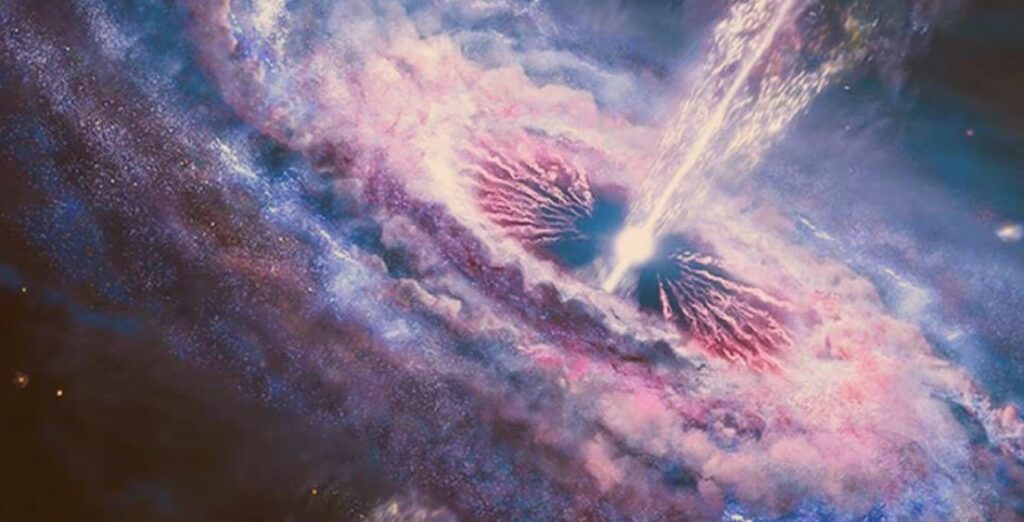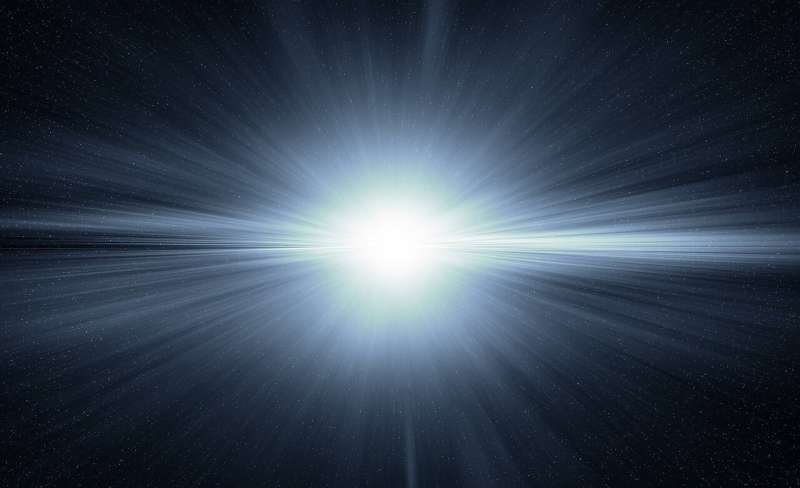
New insights on how galaxies are formed
Astronomers can use supercomputers to simulate the formation of galaxies from the Big Bang 13.8 billion years ago to the present day. But there are a number of sources of error. An international research team, led by researchers in Lund, has spent a hundred million computer hours over eight years trying to correct these.
The last decade has seen major advances in computer simulations that can realistically calculate how galaxies form...
Read More







Recent Comments